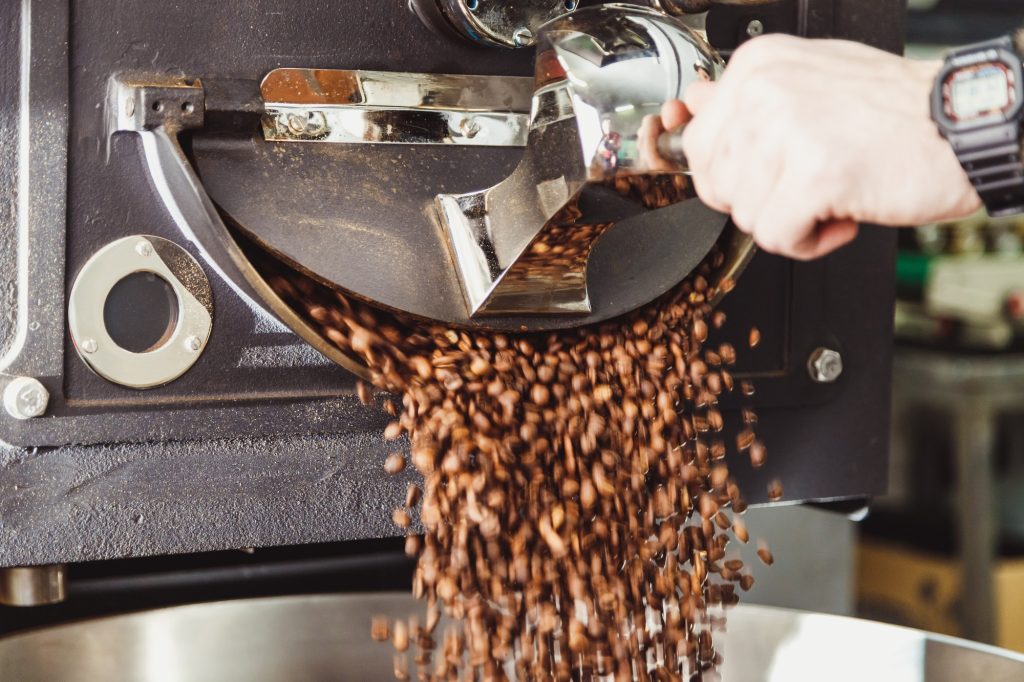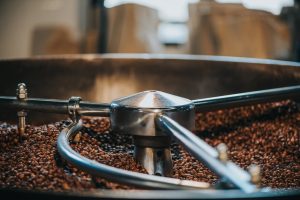
The Philippine coffee landscape has undergone a remarkable transformation in recent years, particularly towards producing high-quality Philippine specialty coffee. What was once a niche market has now evolved into a vibrant, dynamic industry marked by innovation, sustainability, and a deep connection to both local culture and global trends. This article examines the emerging trends and innovative strategies that are defining the future of the coffee roastery business in the Philippines, offering insights into technological advancements, sustainable practices, and customer-centric approaches that are driving growth and success.
The Evolution of the Philippine Specialty Coffee Scene
Historically, coffee in the Philippines was primarily associated with traditional brews and locally cherished flavors. Over time, however, a shift has occurred. The industry has moved from small-scale, artisanal operations to modern roasteries that leverage technology and global best practices to produce high-quality, specialty coffee. The cultivation of Arabica coffee has played a significant role in this evolution, highlighting the potential of Philippine coffee in the specialty market. This evolution reflects a broader trend within the country’s food and beverage sector—one that prioritizes quality, traceability, and ethical sourcing.
The shift has been driven by several factors. First, the growing middle class and urbanization have increased demand for premium coffee products. Consumers are no longer content with just any cup of coffee; they want a beverage that tells a story—one that speaks to its origin, its craftsmanship, and its environmental impact. The importance of coffee origins and the diversity of coffee beans, from exotic single origins to unique blends, has become a focal point for adventurous consumers. Second, globalization and exposure to international coffee trends have encouraged local entrepreneurs to adopt practices and technologies that elevate the quality of their products. This convergence of tradition and innovation has laid a solid foundation for a modern coffee industry that is both competitive and uniquely Filipino.
Emerging Trends in the Coffee Roastery Business
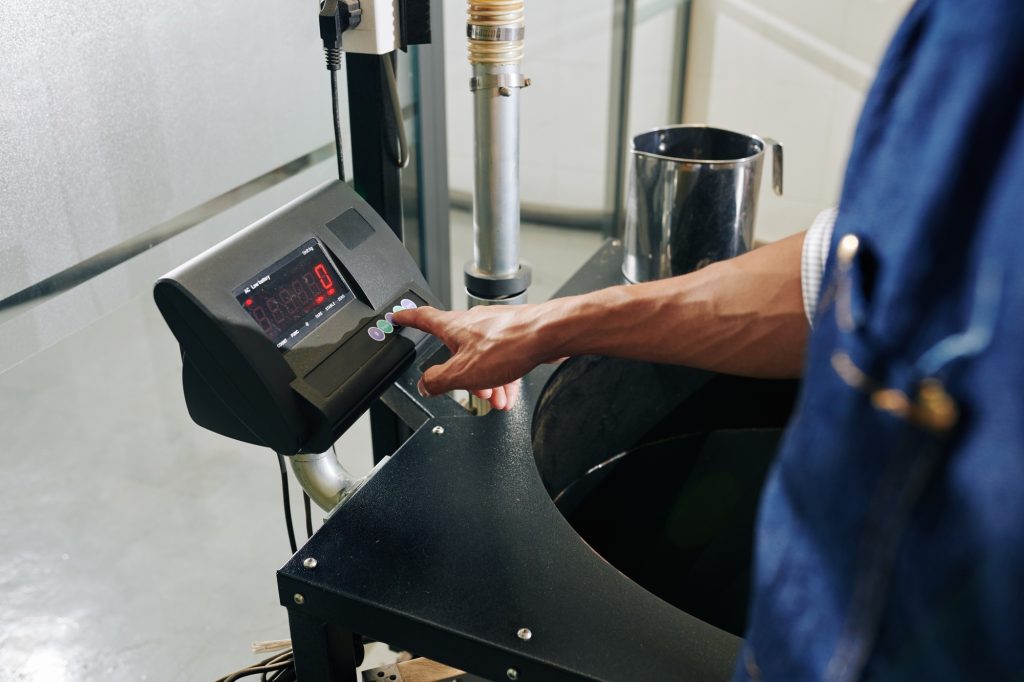
1. Technological Innovations in Roasting and Production
Modern coffee roasteries in the Philippines are embracing cutting-edge technology to improve efficiency and consistency in their production processes. Automation and precision control systems allow roasters to monitor and adjust critical parameters—such as temperature, airflow, and roasting time—ensuring that every batch meets exacting quality standards. Advanced analytics and data-driven decision-making enable roasteries to fine-tune their processes, reducing waste and enhancing flavor profiles.
Moreover, digital platforms now facilitate seamless integration between production and customer feedback. For example, some roasteries use Internet of Things (IoT) devices to track the roasting process in real time, transmitting data to centralized systems that help maintain quality control. This blend of technology and traditional craftsmanship not only optimizes production but also paves the way for innovative product development, ensuring that the coffee remains competitive in a fast-changing market.
2. Sustainability and Ethical Sourcing for Farmers
Sustainability has become a cornerstone of success in the modern coffee industry. Consumers are increasingly aware of the environmental and social impact of their purchases, and they favor brands that demonstrate a commitment to ethical practices. For coffee roasteries in the Philippines, this means adopting eco-friendly sourcing methods, reducing waste throughout the production cycle, and investing in renewable energy.
Many roasteries are now partnering directly with local farmers to ensure that the beans are produced using sustainable agricultural practices. By cutting out intermediaries, these businesses not only secure a higher quality product but also provide fair compensation to farmers, thereby fostering long-term partnerships. Sustainable practices also significantly improve the quality of life for local communities, enhancing their economic stability and well-being. Additionally, initiatives such as organic farming, water conservation, and waste recycling are becoming standard practices, reinforcing the idea that business growth can—and should—coexist with environmental stewardship.
3. Enhancing Customer Experience through Digital Transformation
The digital revolution has profoundly influenced the way consumers interact with brands. For the coffee roastery business, this means leveraging digital channels to enhance the customer experience. E-commerce platforms, social media, and mobile apps are now essential tools for engaging with a tech-savvy customer base that values convenience, personalization, and transparency.
Digital marketing strategies allow roasteries to tell their brand story in compelling ways. High-quality content, virtual tours of roasting facilities, and interactive sessions with master roasters not only build trust but also deepen customer engagement. Furthermore, the use of digital loyalty programs and personalized promotions helps businesses forge stronger, long-lasting relationships with their clientele. Encouraging customers to sign up for exclusive rewards and personalized promotions can significantly boost engagement and loyalty. By embracing digital transformation, coffee roasteries are not only expanding their reach but also creating a more interactive and fulfilling experience for their customers.
4. Innovative Branding and Market Positioning
In an increasingly competitive market, branding and market positioning have emerged as critical success factors. Coffee roasteries are now recognizing that their brand identity must reflect both quality and authenticity. Effective branding goes beyond the aesthetics of packaging—it encompasses the entire customer journey, from the moment a bean is sourced to the final sip of coffee.
Successful roasteries are investing in narrative-driven marketing that highlights their unique selling points. Whether it’s a commitment to local traditions, a focus on sustainable practices, or the integration of state-of-the-art technology, the story behind the brand is what sets it apart. Additionally, the importance of taste in creating a unique brand identity cannot be overstated. By offering diverse and adventurous flavors, these businesses invite consumers to discover new tastes through their coffee offerings. By positioning themselves as pioneers in innovation and sustainability, these businesses are not only appealing to local consumers but are also making significant inroads in international markets.
5. Community Building and Collaborative Initiatives
Another trend shaping the Philippine coffee roastery business is the focus on community building. Entrepreneurs are increasingly viewing their business as part of a larger ecosystem that includes local farmers, other coffee professionals, and consumers. This collaborative approach fosters knowledge sharing, mutual support, and collective growth within the industry.
Various initiatives, such as coffee festivals, trade fairs, and educational workshops, are designed to bring together different stakeholders. These events provide platforms for sharing best practices, discussing emerging trends, and exploring collaborative opportunities. They serve as a center for community engagement and industry revival, highlighting the pivotal role of these gatherings in the journey of Filipino Americans bridging their cultural heritage with contemporary experiences. In doing so, they help build a sense of community and foster an environment where innovation can thrive. By engaging with their local communities and industry peers, coffee roasteries are not only strengthening their own operations but are also contributing to the overall development of the Philippine coffee industry.
Innovative Strategies Driving Business Growth
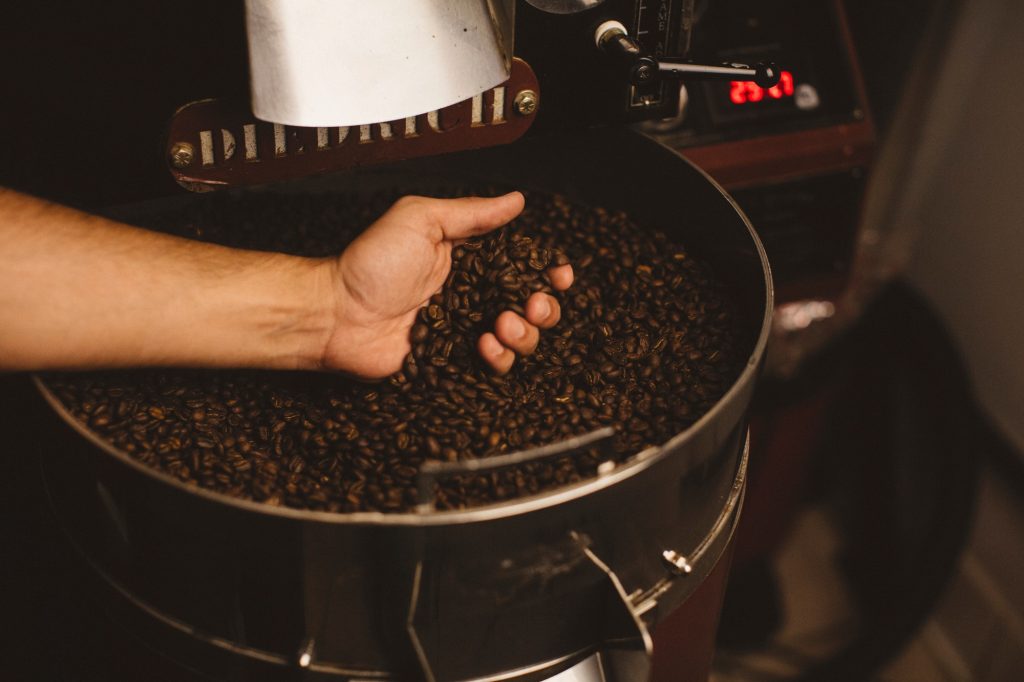
Leveraging Data Analytics for Precision and Efficiency
One of the most significant shifts in the coffee roastery business is the adoption of data analytics. By collecting and analyzing data from every stage of the production process, roasteries can identify inefficiencies, predict trends, and optimize operations. This data-driven approach extends beyond the roasting process—it also informs marketing strategies, inventory management, and customer engagement initiatives.
For example, by analyzing purchasing patterns and consumer feedback, businesses can tailor their product offerings to better match market demands. Advanced analytics also facilitate better forecasting, ensuring that production levels align with market needs and reducing the risk of overproduction or stock shortages. In a highly competitive industry, the ability to make informed decisions quickly can be a decisive factor in achieving sustainable growth.
Strengthening Local Partnerships
In the quest for excellence, many coffee roasteries are forging stronger ties with local farmers and suppliers. This strategy not only ensures a steady supply of high-quality beans but also helps promote sustainable agricultural practices. By working directly with local communities, roasteries can gain deeper insights into the nuances of bean production, including the impact of regional climate conditions and soil quality on flavor profiles.
These partnerships also create a platform for innovation. For instance, joint initiatives in research and development can lead to the discovery of new roasting techniques or the development of unique coffee blends that highlight the distinct characteristics of Filipino coffee. Moreover, fostering local relationships strengthens the supply chain, enhances product traceability, and builds consumer trust—an essential ingredient for long-term success.
Embracing Vertical Integration
Vertical integration is another strategy gaining traction in the Philippine coffee industry. By controlling multiple stages of the supply chain—from bean sourcing to final packaging—roasteries can maintain higher quality standards and optimize operational efficiency. Vertical integration allows businesses to monitor every aspect of production closely, ensuring consistency and enabling rapid adjustments when needed.
This approach also provides significant cost advantages. By reducing reliance on external suppliers and intermediaries, roasteries can improve profit margins and invest the savings back into innovation and marketing initiatives. Furthermore, vertical integration can enhance the brand narrative, emphasizing a commitment to quality and transparency that resonates with modern consumers.
Expanding Digital and Physical Distribution Channels
To capture a broader market share, successful coffee roasteries are diversifying their distribution channels. Digital platforms have opened new avenues for reaching consumers, while innovative physical distribution methods continue to play a critical role. Establishing a robust online presence through e-commerce platforms, social media, and digital marketing campaigns can significantly increase a brand’s visibility and accessibility.
In parallel, many businesses are exploring creative physical distribution strategies. Pop-up cafés, mobile coffee carts, and experiential tasting events allow consumers to engage with the brand in immersive ways. This dual-channel approach not only broadens the customer base but also creates multiple touchpoints for brand interaction, fostering loyalty and enhancing the overall customer experience.
Fostering Innovation through Continuous Learning
The rapid pace of change in the coffee industry demands that businesses remain agile and open to continuous learning. Many roasteries are investing in staff training and professional development to keep pace with the latest technological advancements and industry trends. Whether it’s through workshops, certifications, or collaborations with international experts, continuous learning is key to maintaining a competitive edge.
By fostering a culture of innovation, companies can encourage their teams to experiment with new ideas, processes, and products. This not only leads to operational improvements but also opens the door to groundbreaking innovations that can redefine the market. In an industry where consumer tastes and technological possibilities are constantly evolving, the willingness to learn and adapt is an invaluable asset.
Daily Grind Roastery Success Stories
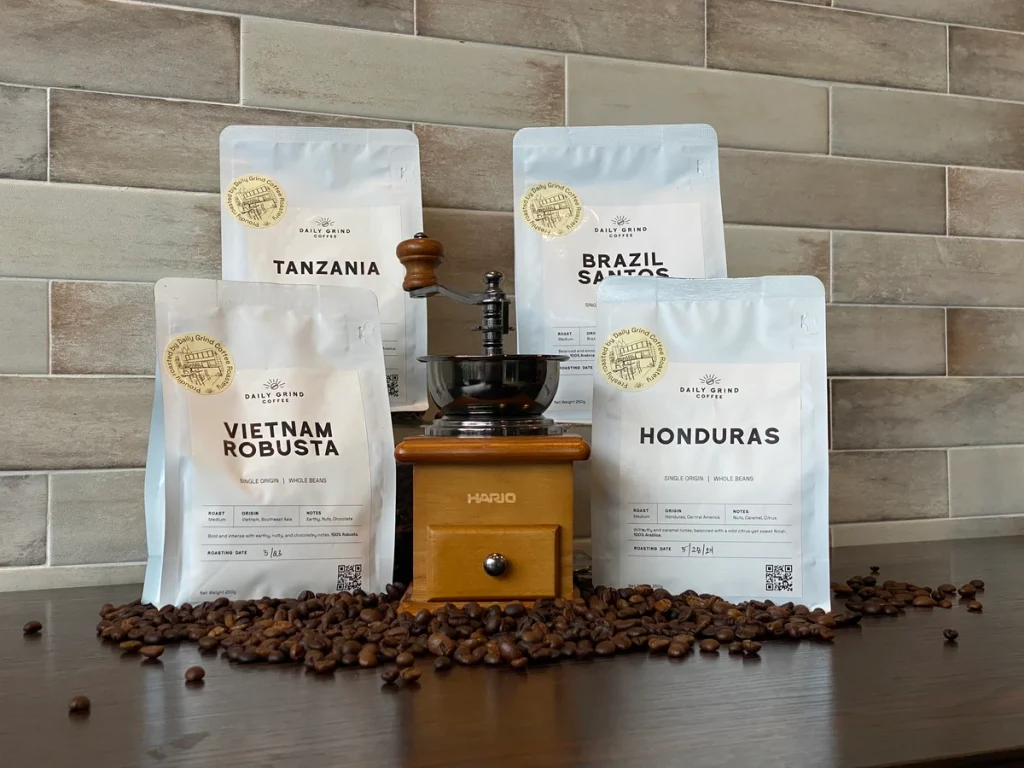
Daily Grind Roastery’s Journey to Global Recognition
Consider the inspiring journey of Daily Grind Roastery—a local pioneer that started as a small, family-run operation and has evolved into a recognized name in the specialty coffee market. By strategically investing in state-of-the-art roasting equipment and committing to sustainable sourcing, Daily Grind Roastery has significantly elevated the quality of its coffee offerings. Leveraging digital marketing and establishing a robust online presence, the roastery has expanded its reach well beyond local boundaries, captivating customers both domestically and internationally.
Daily Grind Roastery’s story exemplifies how a deep commitment to innovation and sustainability can transform a business. Their journey highlights the importance of combining traditional craftsmanship with modern technology to tell a compelling brand story that resonates with a global audience.
Collaborations That Drive Change
In addition to its own success story, Daily Grind Roastery has actively engaged in collaborative initiatives that reinforce its leadership in the coffee industry. By partnering with local farmers and fellow coffee professionals, Daily Grind Roastery has created a cooperative network designed to tackle shared challenges—from standardizing quality control measures to innovating processing techniques.
These collaborative efforts not only improve the quality of the beans but also enhance the collective bargaining power of all participants involved. Through regular workshops, field visits, and joint research projects, Daily Grind Roastery and its partners are continuously setting new benchmarks in sustainable and innovative coffee production. This community-focused approach not only drives operational excellence but also strengthens the overall industry ecosystem in the Philippines.
Challenges and Opportunities Ahead
Navigating Market Fluctuations
Despite the promising trends, the coffee roastery business in the Philippines is not without its challenges. Market fluctuations, volatile commodity prices, and unforeseen global events can disrupt supply chains and impact profitability. To mitigate these risks, many businesses are adopting flexible production strategies and diversifying their product portfolios. By maintaining a balanced approach between innovation and risk management, companies can navigate these challenges more effectively.
Infrastructure and Logistical Hurdles
Another challenge facing the industry is the need for improved infrastructure and logistical support. While technological advancements have revolutionized production processes, efficient distribution remains a critical concern. Investment in transportation, storage facilities, and supply chain management systems is essential to ensure that quality coffee reaches consumers in a timely manner. Addressing these logistical challenges requires coordinated efforts between the private sector and government agencies, highlighting the need for policy support and infrastructure development.
Capitalizing on Global Trends
The evolving global coffee market presents significant opportunities for Philippine roasteries. As international consumers become more discerning about quality and provenance, there is a growing demand for specialty coffees that offer unique flavor profiles and ethical sourcing. By aligning with these global trends, local businesses can tap into new markets and diversify their revenue streams. This requires a proactive approach to branding, quality assurance, and marketing—areas where continuous innovation can yield substantial dividends.
Regulatory and Environmental Considerations
As sustainability becomes an industry imperative, regulatory compliance and environmental considerations are increasingly important. Businesses must navigate a complex landscape of environmental regulations and international standards. While these requirements can pose challenges, they also present opportunities for roasteries to differentiate themselves as industry leaders committed to sustainable practices. Proactive investment in eco-friendly technologies and transparent reporting can not only ensure compliance but also enhance a brand’s reputation in an increasingly environmentally conscious market.
The Future of Coffee Roasting in the Philippines
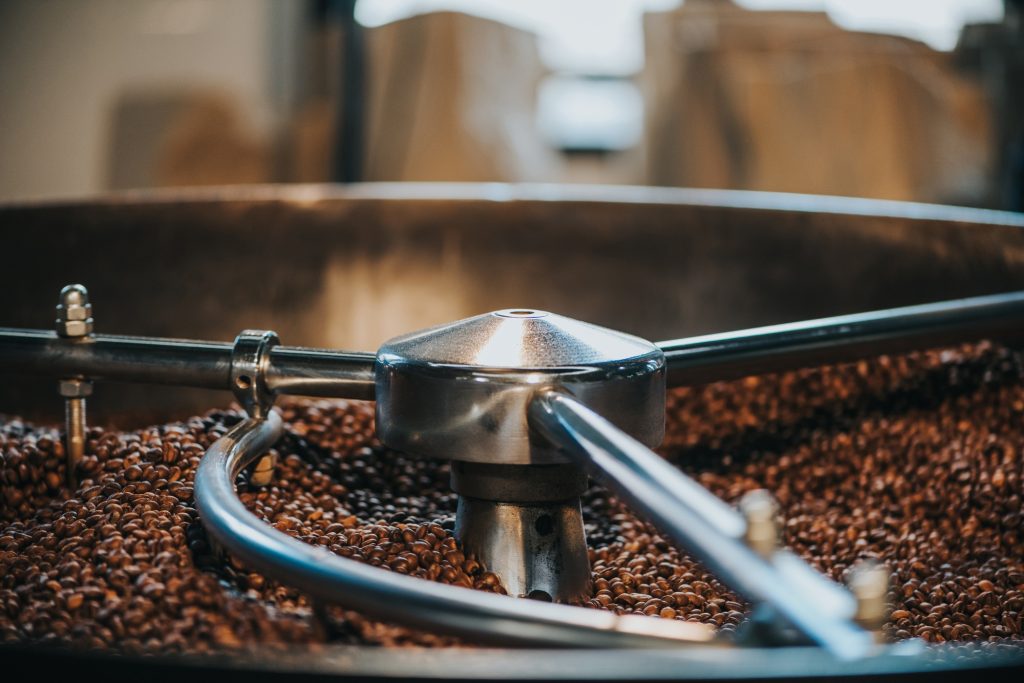
Looking ahead, the future of the Philippine coffee roastery business appears promising. With a strong foundation built on tradition, a clear focus on innovation, and a commitment to sustainable practices, local businesses are well-positioned to compete on a global scale. Key factors that will shape the industry’s future include:
- Continued Technological Advancements: As technology evolves, the integration of automation, IoT, and advanced data analytics will further refine production processes, enhancing both quality and efficiency.
- Expanded Global Reach: The growing international demand for specialty coffee provides a significant opportunity for Philippine roasteries. By leveraging digital platforms and strategic partnerships, local businesses can expand their footprint in global markets.
- Sustainability as a Differentiator: In an era where ethical consumption is paramount, businesses that prioritize sustainability will have a competitive advantage. This trend is likely to drive further innovations in eco-friendly production and ethical sourcing.
- Enhanced Customer Engagement: The digital revolution will continue to transform customer interactions. Personalized marketing, virtual experiences, and interactive platforms will redefine how consumers connect with their favorite coffee brands.
As the industry evolves, the ability to adapt and innovate will remain crucial. Coffee roasteries that embrace change, invest in technology, and build strong community ties will not only thrive domestically but will also set new benchmarks on the international stage.
Sipping on Success: Crafting a Bold Future
The Philippine coffee roastery business stands at the forefront of a transformative era—one characterized by rapid technological advancements, a commitment to sustainability, and a deep focus on enhancing the consumer experience. From data-driven production methods to innovative branding strategies and collaborative community initiatives, the industry is redefining what it means to produce quality coffee in a modern, competitive market.
Daily Grind Roastery’s journey exemplifies the power of innovation and community. By investing in technology, forging strong local partnerships, and embracing a holistic approach to sustainability, they have created a blueprint for success that not only elevates their brand but also inspires the entire industry. Their commitment to excellence is a testament to the potential of blending tradition with modernity.
As the Philippine coffee industry continues to evolve, the opportunities for growth are as rich as the flavors in your favorite brew. The road ahead may be filled with challenges, but with a focus on innovation, community, and ethical practices, the future looks exceptionally bright. For those passionate about specialty coffee and transformative business strategies, this is an exciting time to be part of the journey. Don’t miss out on future trends and updates in the coffee industry.
For more premium insights and inspiring success stories, visit Daily Grind Roastery and discover how a commitment to excellence is brewing a future of innovation and sustainability.

